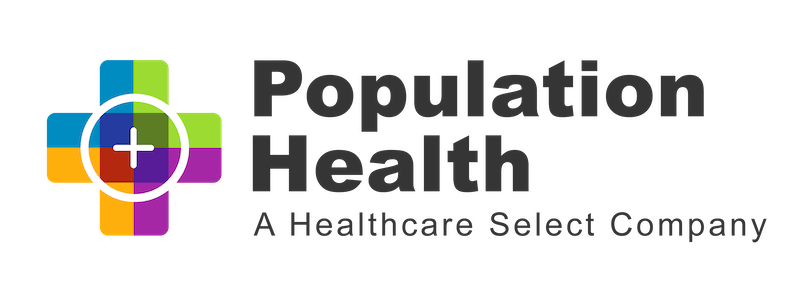
As we age, it’s common to have to take more medications to take to maintain our health. It can be hard to keep track of it all, even when it’s crucial to take each medication exactly as prescribed so it can be as effective as possible. Whether it’s taking your prescription day-after-day, getting refills on time or being aware of the possible side effects and interactions, here are some tips to help you stay organized if you take multiple medications.
1. Utilize a Prescription Management Pharmacy
A prescription management pharmacy can help manage your prescriptions for you from start to finish. SelectRx is a full-service pharmacy that specializes in medication management, providing a simple and safe solution to help manage your prescriptions for free. Through a monthly subscription service, SelectRx will communicate directly with your doctors, sort your medications into individualized daily packets, and automatically deliver your month’s worth of prescriptions in an easy-to-use box.
This helps ensure you never miss a dose and that your prescriptions are taken accurately together. Not only can SelectRx ensure you are on top of taking your medications as prescribed, but they’ll also provide educational materials around each of the prescriptions you’re taking.
2. Create and Maintain a Schedule
In order for your medications to work as effectively as possible, it’s important to create and maintain a schedule. Having your medications documented, along with using a weekly or monthly pill organizer, will help you keep track of the medications you have taken and need to take each day.
3. Avoid Prescription Drug Interactions
Whether it’s one medication reacting with another, or if what you eat can affect how the medication works, keeping an organized list of your medications can help you keep track of the various side effects that can come with prescription pill interactions. Going over this list with your doctor, pharmacist and loved ones can help you create a plan to avoid any adverse prescription interactions.
4. Ask Your Doctor Questions
When your doctor prescribes medications, there are some important questions that you should consider asking, including:
- What is the goal of the medication?
- What is the best time of day to take this medication?
- Should I take the medication with food?
- What are the common side effects of this medication?
- Are there any food, drinks or other medications that can affect its strength and effectiveness?
- What should I do if I miss a dose?
5. Create a Medication Management Plan
Medication management is a collaborative effort between you, your healthcare providers and any loved ones helping you manage your health. Managing your medications should focus on understanding your medications, how they work together, and taking them at the appropriate times with the goal of improving your health. A medication management plan can help you create a system to keep you organized.
Importance of Medication Management
Medication management is vital in maintaining and improving your health. It also reduces the risk of medication-related problems. Implementing a medication management plan not only can reduce costs, but also improve care, resulting in better health outcomes.
Maintain Your Health with a Population Health Membership
From the medications we have to take to the various doctors we have to see as we age, it can be hard to keep track of it all. Population Health is a free membership service that can help you easily access the free and low-cost benefits and resources available to you. We can connect you to prescription drug savings and management, meal delivery programs, free rides to doctor’s appointments, primary care coordination, mental health and wellness programs, and more.



